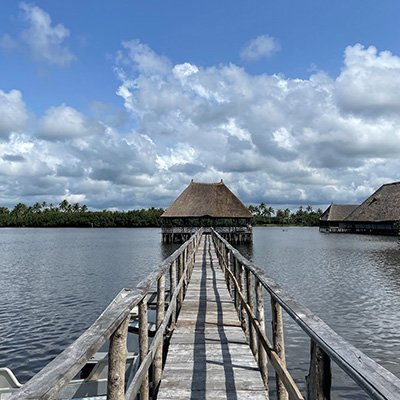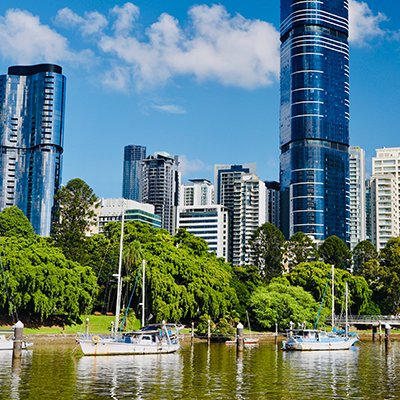However much you love travelling, it’s important to consider your carbon footprint when you’re exploring the world. The more sustainable choices we make when travelling, the less our impact will be on the planet. By taking trains rather than flying, staying in eco-friendly hotels and using bikes or public transport to get around, we can help to make a difference. If you’re seeking eco-friendly destinations for your 2019 travel plans, here are eight towns and cities where you won’t find it hard to make sustainable choices.
Ponta Delgada, The Azores
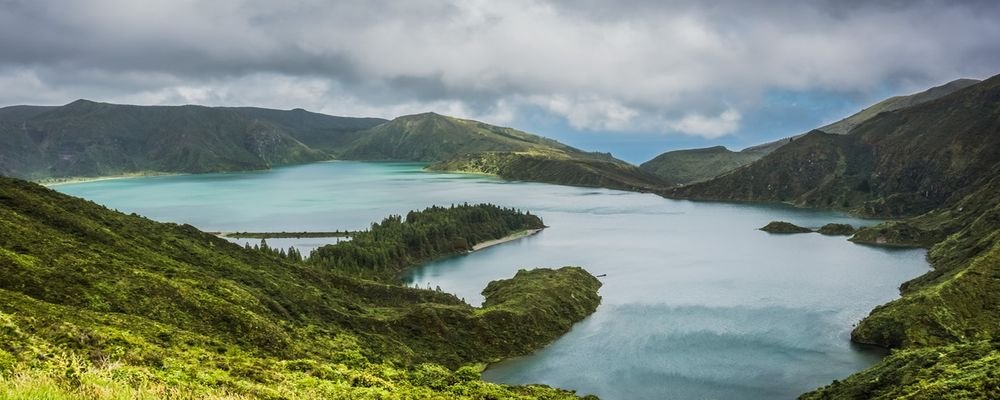
Located off the coast of Portugal, in the middle of the Atlantic Ocean, the Azores islands are one of the most sustainable destinations in the world. Base yourself in Ponta Delgada, the small capital of the largest island, Sao Miguel, and spend your time exploring the various hot springs, crater lakes and luscious green scenery that the island is famed for. The Azores islands have a huge commitment to renewable energy, and were aiming to increase their use of wind, geothermal and biomass energy to 75 per cent by the end of last year. Wildlife enthusiasts will be delighted that there are many protected areas on the islands, including several UNESCO Biosphere Reserves, also that the boat and diving trips to view the diverse marine life that surrounds the islands are all highly regulated.
Reykjavik, Iceland

It will come as no surprise that almost 100 per cent of Iceland’s electricity consumption is powered by geothermal and hydro sources. The combination of the island’s location on the intersection of two tectonic plates and its low population has helped it to become the largest green energy producer per capita in the world. In Reykjavik, millions have been invested into public transport, electric cars and cycling paths, and the streets are heated by geothermal energy during the wintertime. Visiting Iceland is all about immersing yourself in nature, and most of the activities and sights that attract tourists involve getting outdoors to explore the dramatic landscapes, rather than attractions that guzzle energy.
Vancouver, Canada
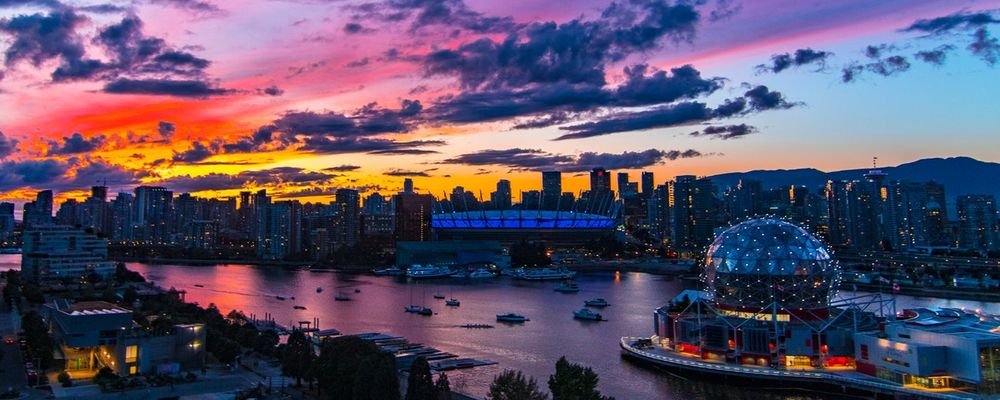
Vancouver, the birthplace of Greenpeace, aims to become the world’s greenest city by 2020. The city has set realistic goals for the near future, and is already producing the lowest greenhouse gas emissions of all major cities on the North American continent. The city is surrounded by nature, attracting both tourists and residents to spend their time hiking, skiing or partaking in other activities that involve spending time outdoors. There’s also been a huge increase in the use of local organic food, electric buses and hybrid taxis in the city, allowing people to dine out and get around without hugely adding to their carbon footprints.
Helsinki, Finland
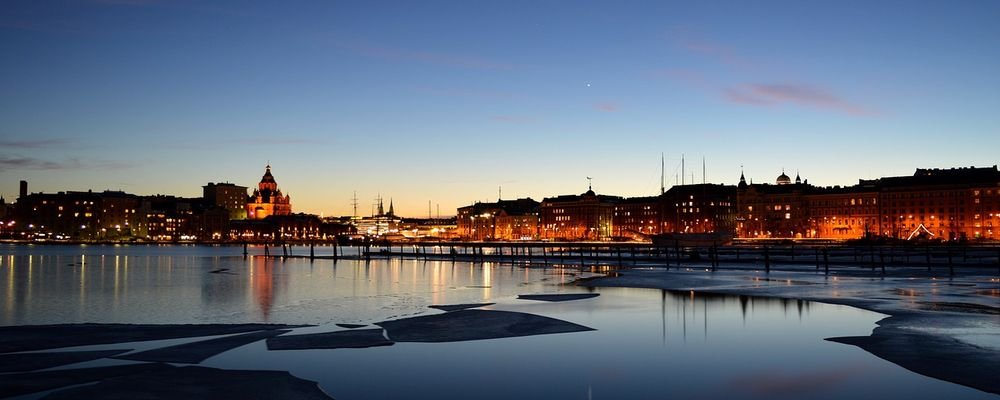
Another sustainable city that is surrounded by nature, Helsinki in Finland is one of the most eco-friendly cities in the world, thanks to factors such as its focus on renewable energy. The huge district of Viikki to the north of the city includes conservation areas for nesting birds and a residential zone with ecological apartment blocks that have solar and wind energy systems. More than 75 per cent of hotel rooms in the city are certified as environmentally friendly, considering everything from the food served to the waste management. Some hotels even offer carbon footprint calculators, to allow their guests to work out the impact of their trip and offer suggestions for how to counteract it. The city also won the Global Sustainability Award in 2016.
San Francisco, California

One of the greenest cities in the USA, San Francisco has a huge commitment to sustainability. The city was the first in America to ban single-use plastic bags back in 2007, and their dedication to recycling means that the city aims to be completely waste-free by 2020. Farm-to-table restaurants are common across the city, serving locally grown, organic fruits and vegetables to guests. Public transport is also focused around sustainability, with hybrid-electric and zero emission buses commonplace around the city. The city’s residents also consume half the amount of water than the rest of the state each day, helping to tackle California’s drought problem.
Portland, Oregon
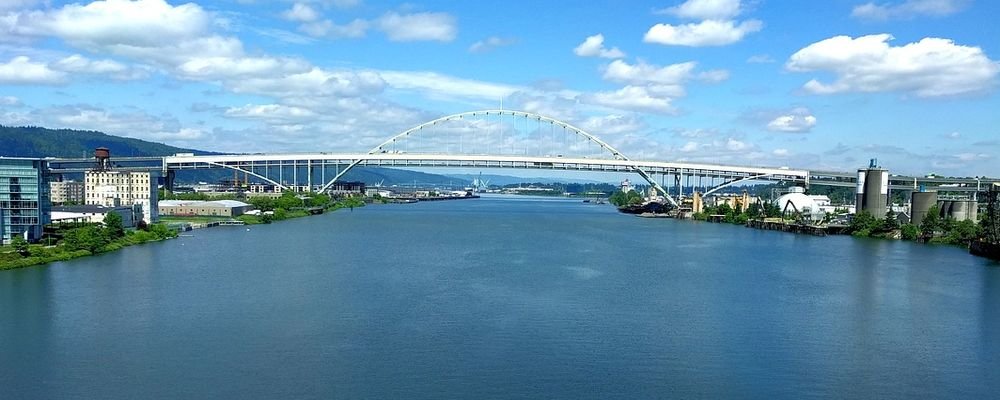
Another eco-friendly North American city, Portland’s residents are keen cyclers, with 250 miles of bike paths around the city and a large number of residents cycling to work each day. A quarter of all residents opt to commute to work by either bike, carpool or public transport, helping to reduce emissions in the city area. Eco-friendly breweries, bars, restaurants and cafes are common place, offering locally produced organic food and drink. There’s also a keen dedication to making the city a greener place, with huge focuses on increasing recycling and a recent ban on single-use plastic bags.
Stockholm, Sweden
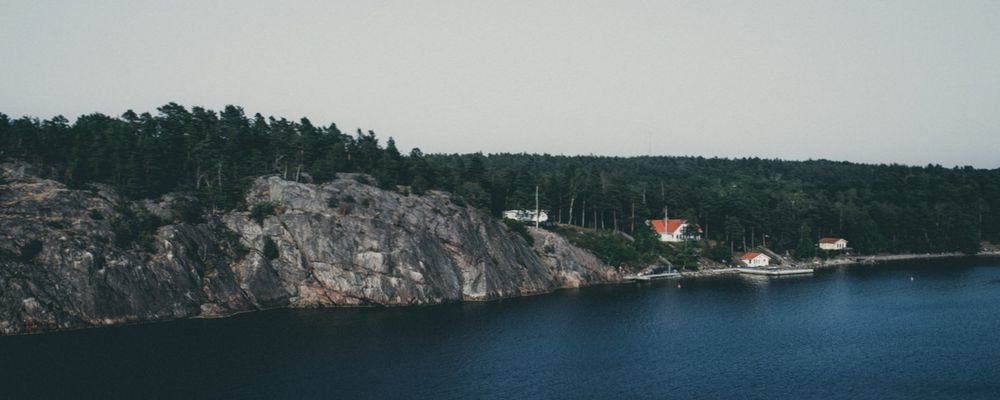 The Nordic countries are one of the most sustainable regions on the planet, as demonstrated in Stockholm, where the aim is to completely remove the use of fossil fuels by 2040. Innovative energy schemes are abundant in the city, including wasted heat from the city’s stadium being used to heat more than 1,000 local apartments. The city leads the way in recycling, renewable energy and organic, locally produced food, making it easy for tourists to tap into a more sustainable lifestyle during their visit. The freedom to roam constitutional law means that the countryside and archipelago surrounding the city are free for anyone to explore, encouraging people to spend more time outdoors.
The Nordic countries are one of the most sustainable regions on the planet, as demonstrated in Stockholm, where the aim is to completely remove the use of fossil fuels by 2040. Innovative energy schemes are abundant in the city, including wasted heat from the city’s stadium being used to heat more than 1,000 local apartments. The city leads the way in recycling, renewable energy and organic, locally produced food, making it easy for tourists to tap into a more sustainable lifestyle during their visit. The freedom to roam constitutional law means that the countryside and archipelago surrounding the city are free for anyone to explore, encouraging people to spend more time outdoors.
Copenhagen, Denmark
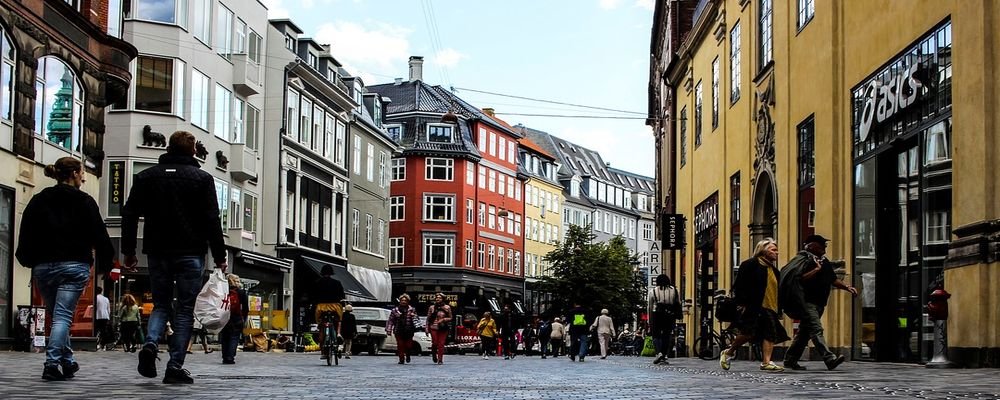
It’s perhaps no surprise that Copenhagen is one of the most sustainable cities in the world, as the city aims to become the first completely carbon-neutral city by 2025. Almost everyone cycles in the city, which is believed to be the most bike-friendly city in the world. Most hotels offer bikes for their guests to use and only 29 per cent of households own a car. It’s incredibly easy for visitors to lower their carbon footprints during their time in the Danish capital, as 71 per cent of hotels are eco-friendly, and a high percentage of food sold in grocery stores and restaurants around the city is organic.
Emma Lavelle is a UK based writer and photographer and has her own blog Field and Nest.





